Ratan Tata, the 86-year-old Chairman Emeritus of the Tata Group and a pioneering figure in Indian industry, was laid to rest with traditional Parsi rituals in Mumbai on Wednesday.
He passed away at Breach Candy Hospital and was given a state funeral by the Maharashtra government to honour his immense contributions to the nation.
The late business magnate’s body was kept at the National Centre for Performing Arts (NCPA) in Nariman Point for the public to pay their respects before the final rites.
His funeral was attended by a large gathering of friends, family, and dignitaries. Union Home Minister Amit Shah was present on behalf of the government to pay tribute to Tata’s remarkable legacy.
Parsi Funeral Traditions
In accordance with the Zoroastrian traditions followed by the Parsi community, Ratan Tata’s body was first prepared for the final rites. As per custom, the body was washed and dressed in traditional Parsi attire by the Nassesalars, specialized pallbearers trained in handling the deceased. The body was then wrapped in a white shroud, known as the sudreh (a cotton vest), and kusti, a sacred cord worn around the waist.
Before being taken for the final rites, Parsi priests performed prayers and blessings designed to help the soul of the deceased transition smoothly into the afterlife. Family members and close relatives gathered to pay their respects and participate in these solemn prayers.
Traditionally, Parsi bodies are taken to the Tower of Silence, or Dakhma, where they are exposed to natural elements and scavenger birds, typically vultures. This practice, known as Dokhmenashini, is believed to prevent the contamination of the sacred elements of fire, earth, and water.
The vultures consume the flesh of the deceased, while the bones eventually fall into a central well within the tower, where they decompose naturally.
Modern Adaptations
However, given the decline in vulture populations and the changing environmental landscape, many Parsi families, especially in urban areas, have begun adopting alternative methods. In some cases, solar concentrators are used to aid the decomposition process.
In recent years, with the growing scarcity of vultures, electric cremation has emerged as a practical and environmentally friendly option for many Parsi families.
If the traditional Dakhma method is not feasible, the body is taken to an electric crematorium. Here, the cremation is conducted in a manner that respects Zoroastrian principles of not contaminating the earth, fire, or water.
A State Funeral for Tata
The Maharashtra government’s decision to grant Ratan Tata a state funeral highlights the significant role he played in shaping modern India’s industrial landscape. His contributions to business, philanthropy, and nation-building have left an indelible mark on the country’s development.
After the public viewing at the NCPA, his body was taken to the Worli crematorium at 3:30 pm for the final rites. The ceremony was attended by prominent personalities from the worlds of business, politics, and civil society, all paying their last respects to the man who guided the Tata Group to global prominence.
As the nation mourns the loss of a visionary leader, Ratan Tata’s passing marks the end of an era, but his legacy will continue to inspire generations to come.


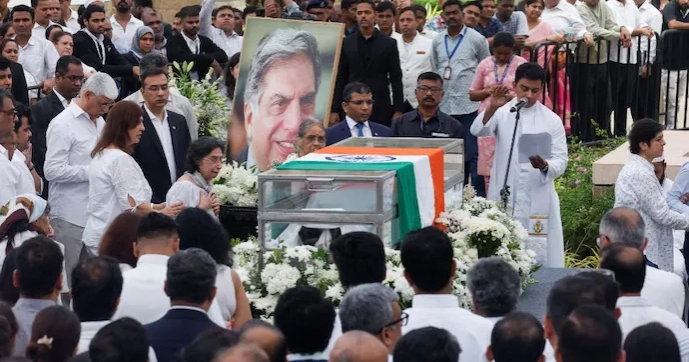


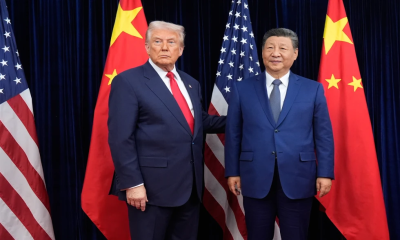

-20260220065859.jpeg)
-20260219110716.webp)
-20260219054530.webp)
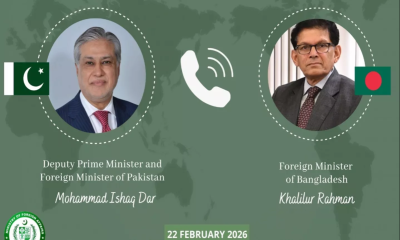
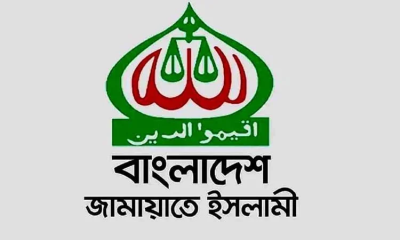
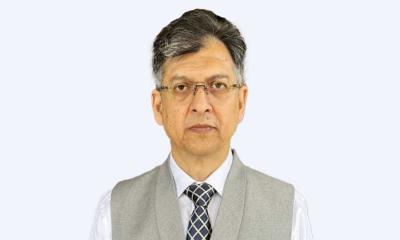


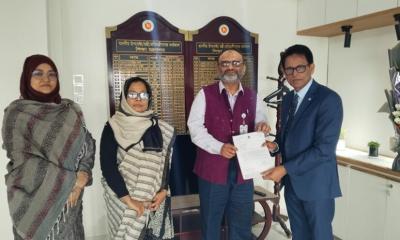
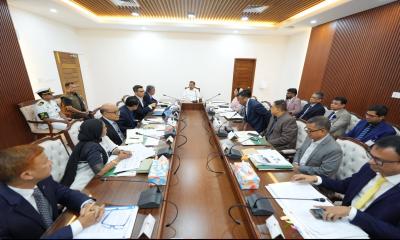

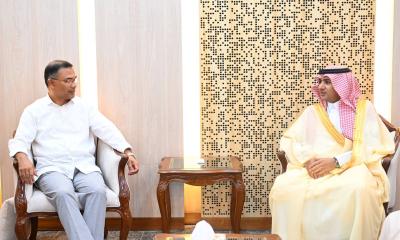
-20260222063838.webp)

















